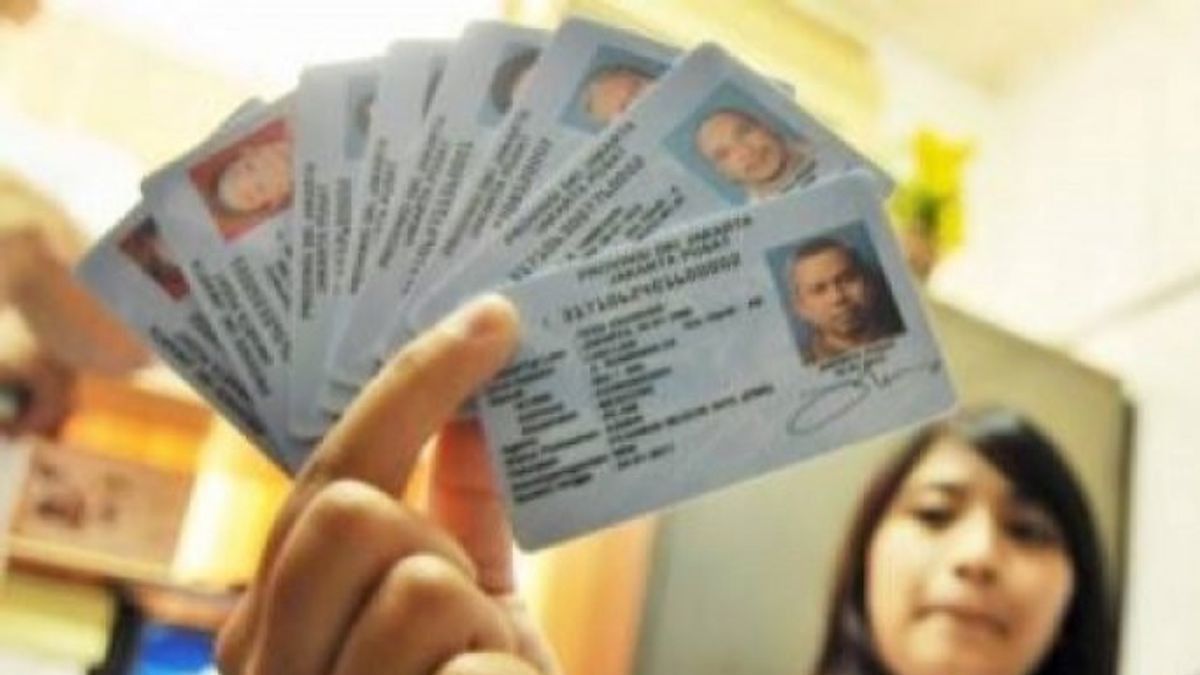JAKARTA - The DKI Jakarta Provincial Government has proposed to deactivate 92 thousand Jakarta residents' Identification Numbers (NIK) to the Ministry of Home Affairs (Kemendagri) this week. "So this week we immediately submitted a letter to the Ministry of Home Affairs because the Ministry of Home Affairs has the right to deactivate it," said Head of the DKI Jakarta Population and Civil Registration Service (Dukcapil) Budi Awaludin, Wednesday, April 17.
Budi said that the coordination with the Indonesian Ministry of Home Affairs regarding the deactivation of 92 Jakarta residents' NIKs was in order to start the Jakarta citizen ID control program. "So, this week we immediately deactivated, a total of 92 thousand," he said.
A total of 92,493 ID cards that were disabled consisted of 81,119 NIKs of residents who died and 11,374 NIKs of residents in Rukun Tetangga (RT) who were no longer present. In addition, Budi explained that NIKs that were previously disabled could be active again with the community coming to the post at the Dukcapil service counter in the nearest urban village. The community does not need to activate the NIK to the Ministry of Home Affairs. "Yes, it will be immediately temporarily deactivated. But later we can, the DKI Provincial Government who are given the authority to reactivate, so there is no need for procedures to go to the Ministry of Home Affairs again," he said.
It's just that, he said, the deactivation process was carried out directly by the Ministry of Home Affairs. The DKI Jakarta Dukcapil Office postponed the deactivation of the NIK of residents who no longer live in Jakarta until after Eid al-Fitr 1445 Hijriah. "Our plan after Eid al-Fitr will be carried out. Yes (around April 12)," said Head of the DKI Jakarta Dukcapil Service, Budi Awaluddin when confirmed in Jakarta, Thursday (21/3).
SEE ALSO:
According to Budi, the deactivation of the NIK of DKI Jakarta residents living outside the area is indeed more appropriate after Eid until the end of 2024. Budi ensured that DKI Jakarta Dukcapil officers at the provincial and city levels would also verify with residents, before disabling the NIK. "So, the deactivation of the NIK is not carried out as long as possible," he said.
The English, Chinese, Japanese, Arabic, and French versions are automatically generated by the AI. So there may still be inaccuracies in translating, please always see Indonesian as our main language. (system supported by DigitalSiber.id)














